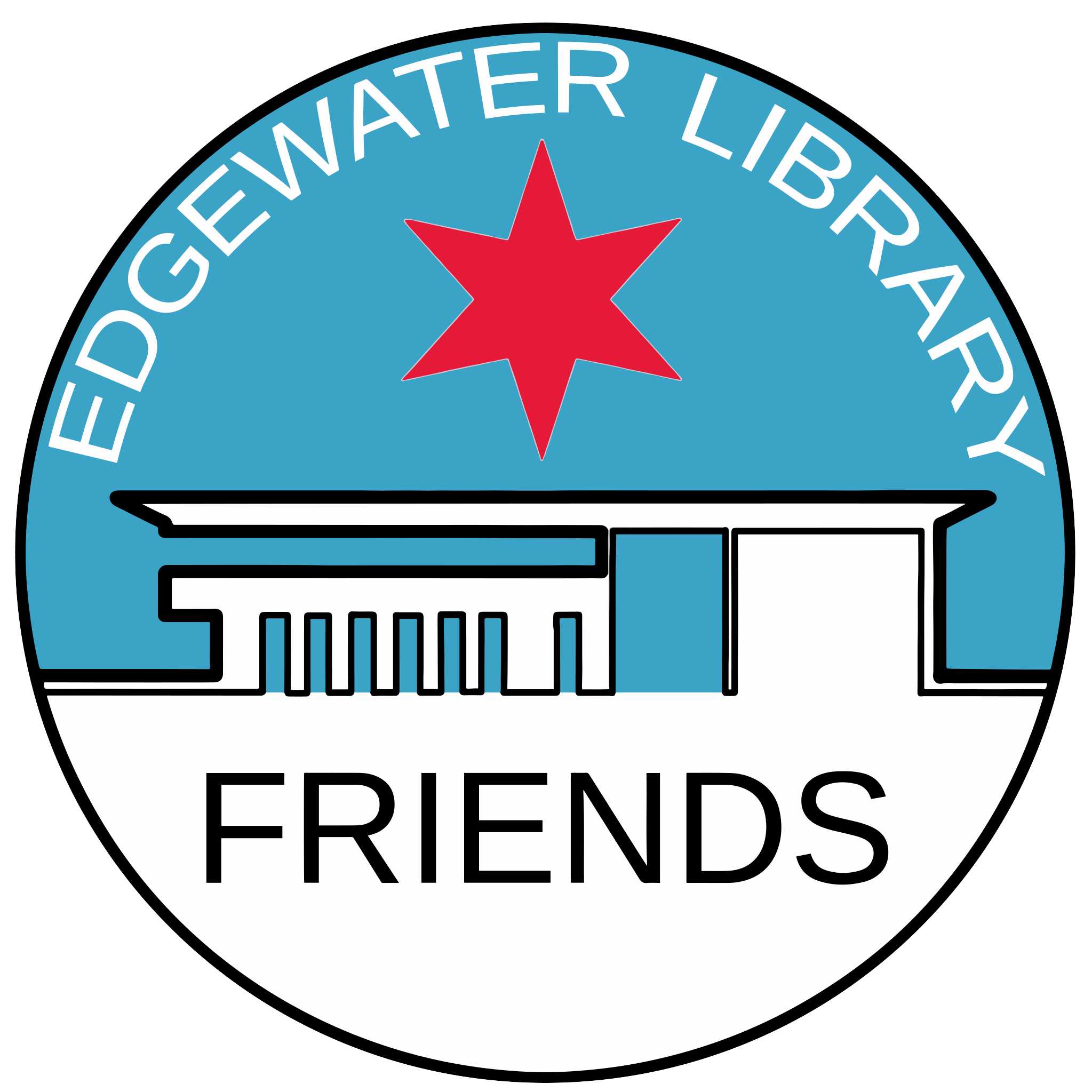Native Pop!
The images, cultures, crafts, and lifeways of Indigenous peoples have appeared in the popular cultures of settlers since arriving in the Western Hemisphere—often in inappropriate or disrespectful ways. Read more about an informative exhibit at the Newberry Library.
Throughout the Western Hemisphere, Indigenous people have contributed much to popular culture, from art and activism to video games and comic books, which reflect a variety of perspectives and influences. An exhibit at the Newberry Library, running through Saturday, July 19, examines the contributions of Indigenous creators from North America.
We were lucky to have Will Hansen (co-curator of the exhibit with River Ian Kerstetter) present a program at the Edgewater Library on June 14 to talk about “Native Pop!” As they curated the exhibit, these themes emerged: Kinship, Sovereignty, Ways of Knowing, and Time/Travel.
Although the exhibit includes artifacts dating back to as early as the 16th century, it’s essential to remember that Indigenous people are still active today. This was reflected in a few pieces of art Will showed in his visual presentation:
A piece of ledger art protesting the Dakota Access Pipeline (DAPL) in 2016 featuring the Incredible Hulk wrestling a pipeline/snake. Ledger art is a narrative drawing or painting on paper or cloth. The term comes from the accounting ledger books that were a common source of paper for Plains Indians during the late 19th century. (Double click the image for a larger view.)
A spread from an Indigenous Futurist comic book.
The arcade cabinet commissioned by the Newberry Library features three games created by Indigenous video game developers.
Will described two items in the exhibit that surprised him: A 1920s photograph of Native American Beauty Queens on a parade float emblazoned with a sign that read “We Are the First Americans,” and the Polaroids of movie extras—many of whom were Native—from the film “Dances with Wolves.”
The Newberry has one of the largest and most significant American Indian and Indigenous Studies collections in the world, so don’t miss the chance to see this thoughtfully curated exhibit.
-By Susan Maguire
Friends of the Edgewater Library member
Discover more about Indigenous Creators and their impact on popular culture; download our resource list.
Quotes from the Native Pop! Zine-Companion
Zines were created in small numbers, with limited circulation. They were primarily produced for self-expression and information sharing, rather than for profit or recognition. “Zine” is the shortened version fanzine, and refers to the origin of the form for science fiction fan publications of the 1930s. (Glossary, p. 55)
“Non-Indigenous creators and performers have created simplistic, misleading, and antagonistic narratives without including or receiving input from the people they depict.”
“The inherent right to govern and make decisions for themselves is a central concern for Indigenous nations.”
“The preservation of language—a way of knowing—can be challenging for Indigenous peoples.”
“Engaging youth with their heritage and histories to prepare them for their futures is a focal point for many zine-makers, comic book writers, printmakers, and more.”
The Native Pop! program was presented by Friends of the Edgewater Library in partnership with the Edgewater Branch Library.



